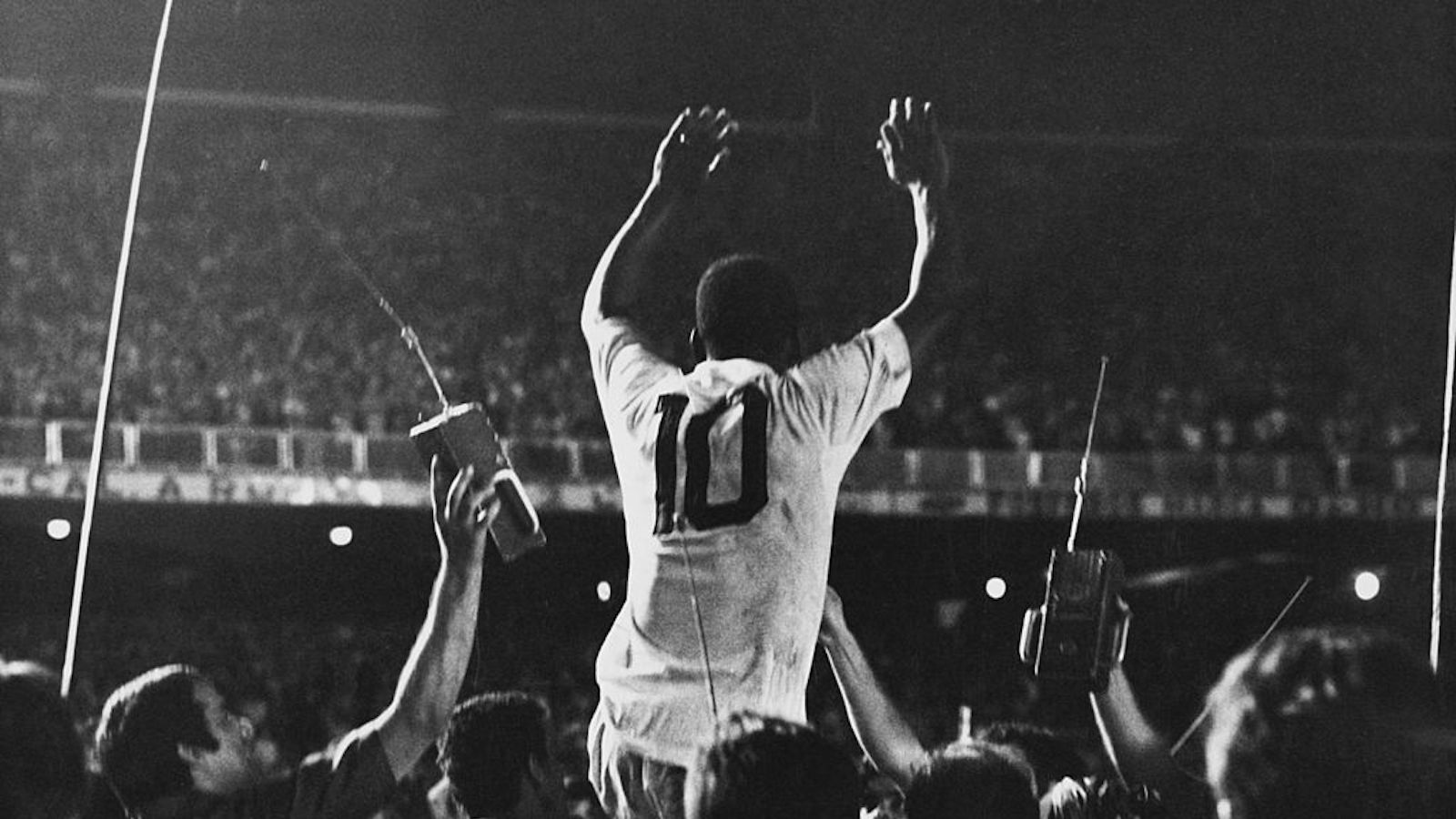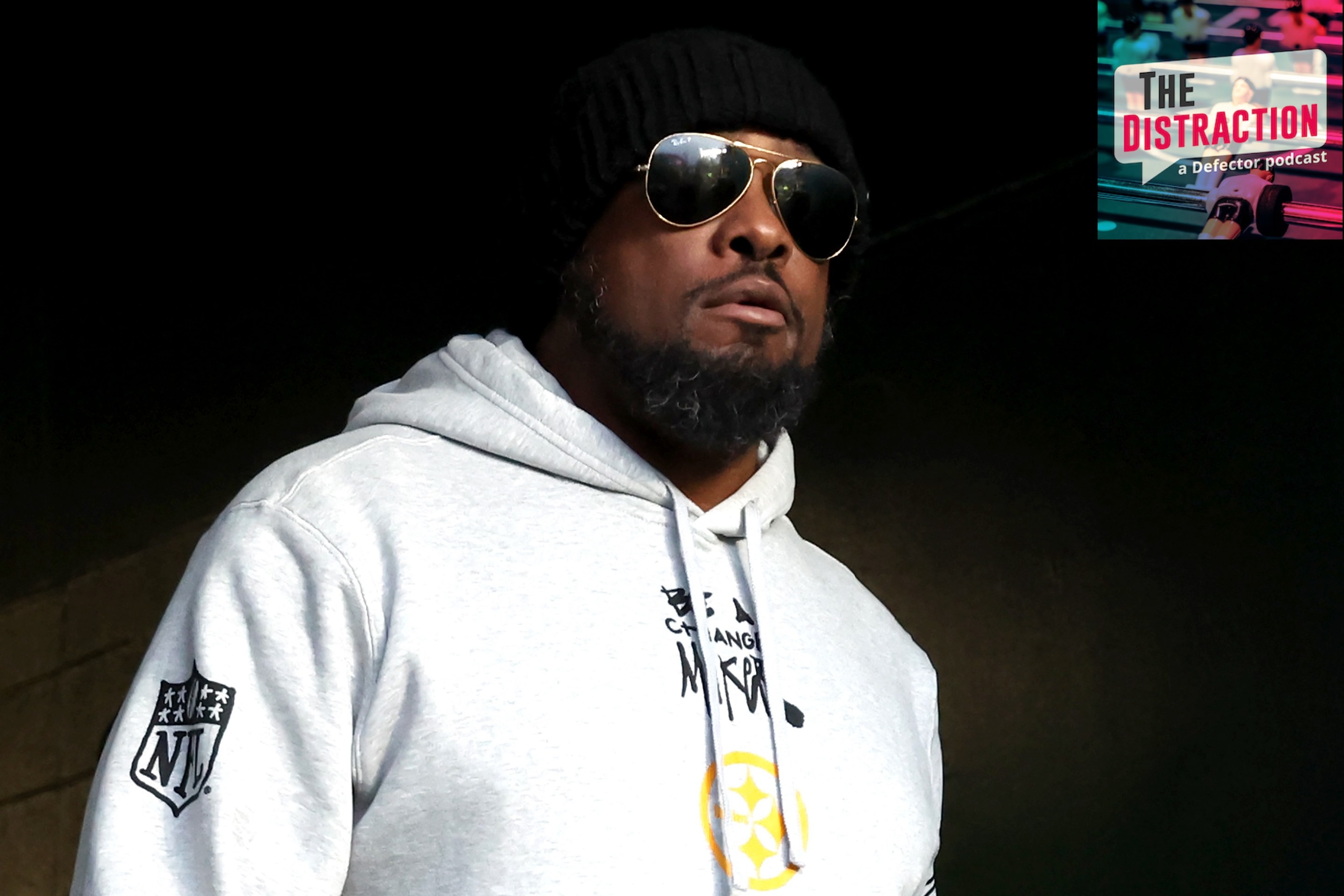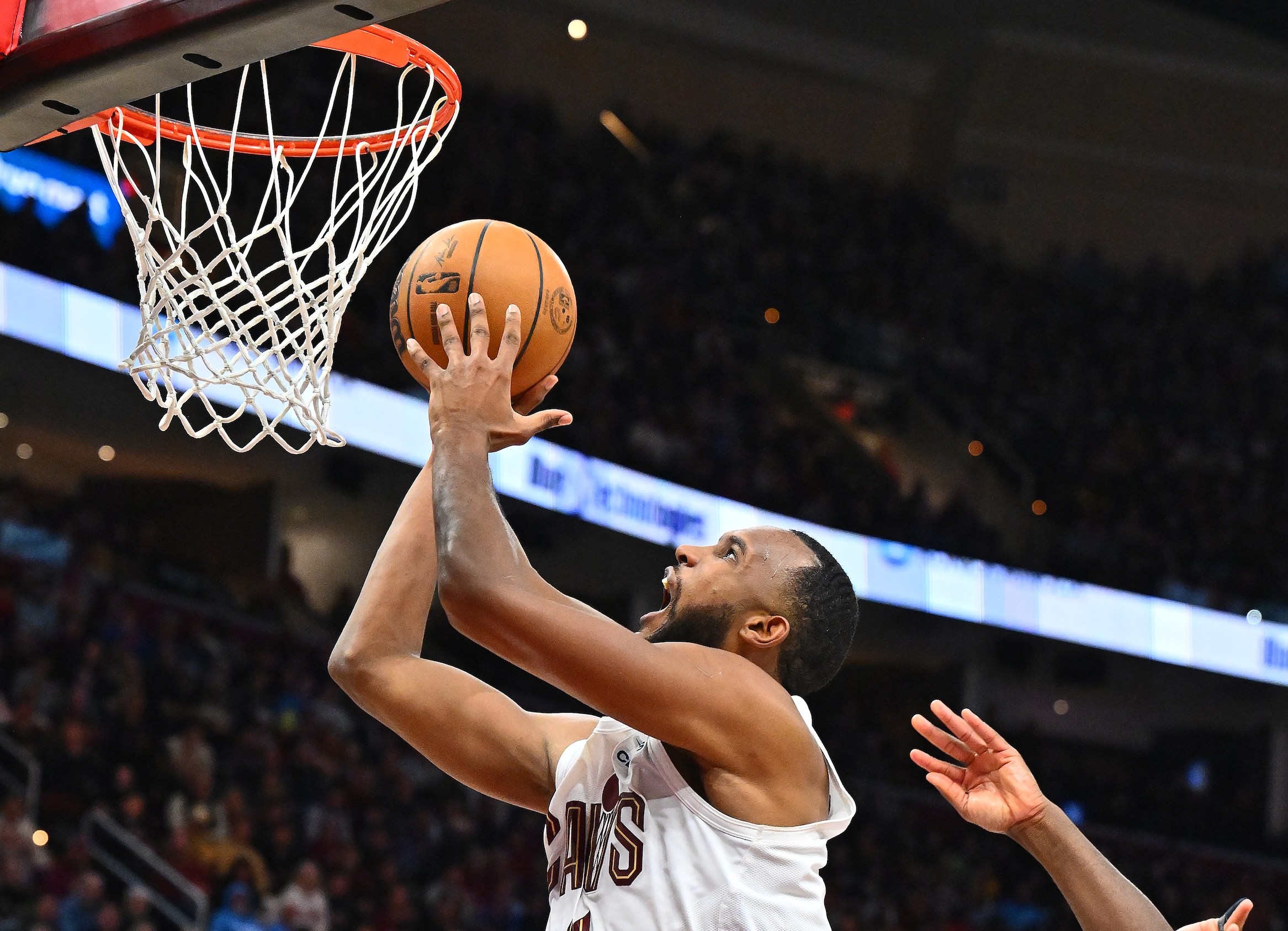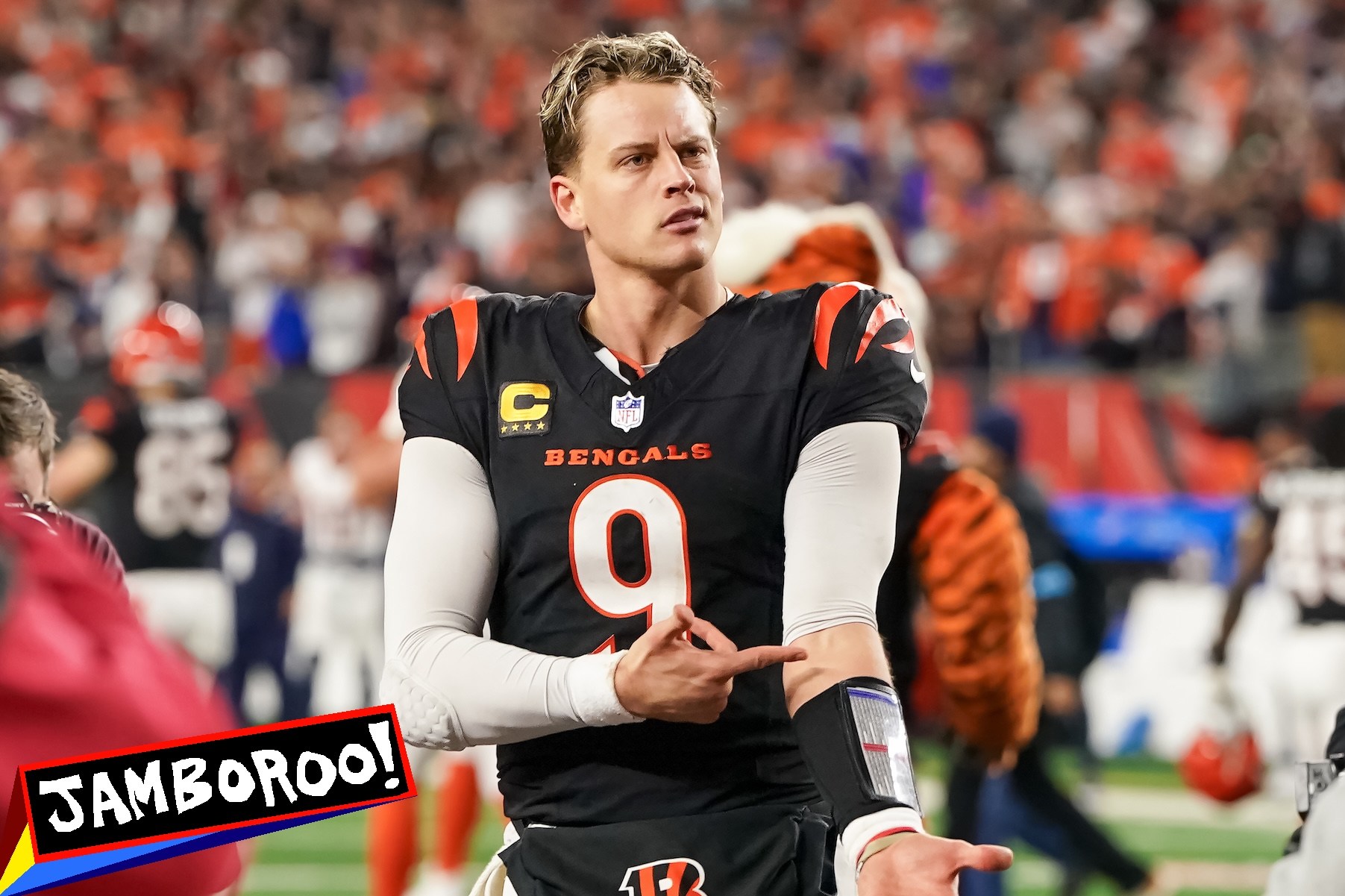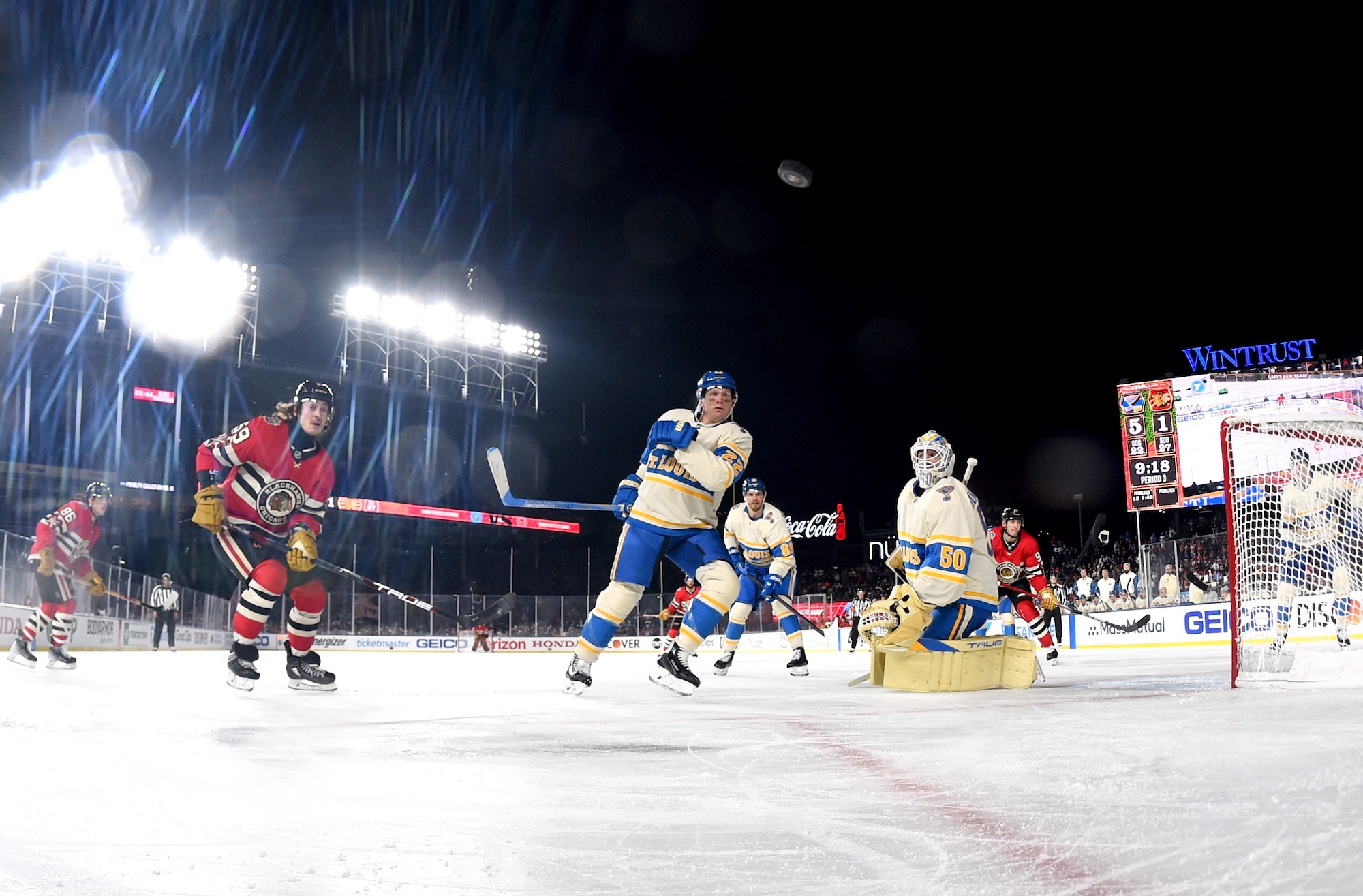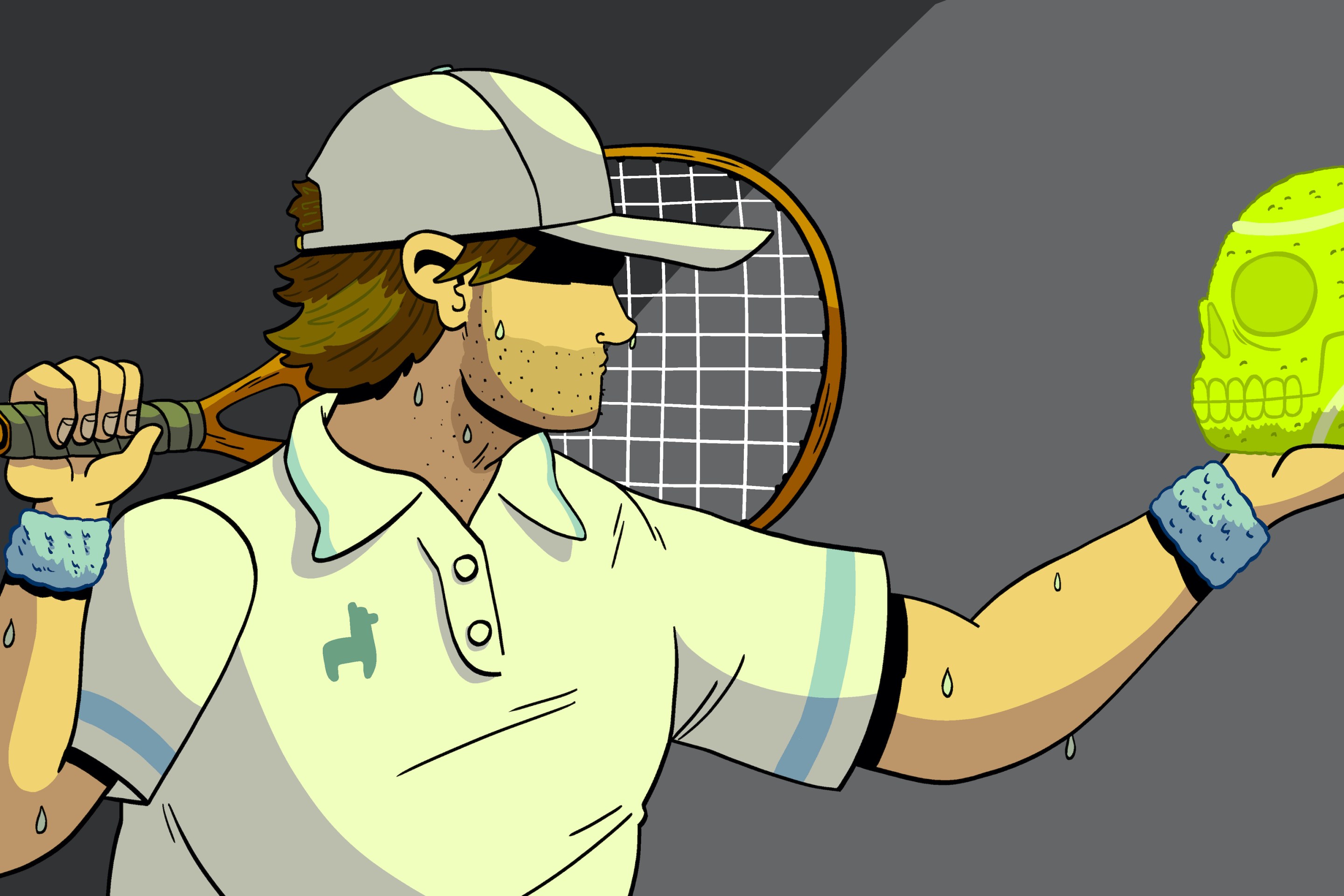Pelé died today at age 82 after a protracted battle with colon cancer, and even though generations cannot wait to sweep aside the triumphs of their ancestors to advance those of their own contemporaries, he was a universal constant among those who follow soccer. There had been great footballers before him—Stanley Matthews, Ferenc Puskas, Alfredo di Stefano, even countrymen like Garrincha, Socrates and Rivellino—but his pre-eminence was declared to be sacrosanct even through the eras of Best, Beckenbauer, Cruyff, Muller, Baresi and Zidane. The only real rival for his reputation was Diego Maradona, but that was as much national pride (Pelé was Brazilian, Maradona Argentine) as it was deeds, because Pelé could always scoreboard the debate by pointing to his three World Cups.
Put simply, he was the best because everyone agreed that it was so, which is how these debates normally go. There is no argument when everyone agrees, and nobody who ever followed the game could diminish Pelé by saying, "He was overrated." He was everyone's first thought, then and now.
Thus, it is an odd bit of timing that his passing comes so soon after the arguments regarding Lionel Messi and Cristiano Ronaldo are reaching their denouement. Messi and Ronaldo were chin and nose ahead of everyone else as contemporary players, and there are a shrinking number of people who saw Pelé live to offer rebuttal, so when Messi held the Jules Rimet aloft he was also given the title as the best player on Earth, as his last deed on a pitch was as a champion, while Ronaldo's mostly exemplary career is ending so ignominiously.
This leaves us with a tepid Messi-Pelé GOAT-bate which does not convert well because their eras were six and one-half decades apart. Pelé still has the three World Cup titles, which to be fair is a poor comparison point given that his Brazilian sides were so rich in other talent, but he also has the benefit of being a trailblazer both on the world stage and in America, where he fueled the first soccer revolution as the centerpiece of the New York Cosmos. The team wasn't nearly as important as the fact that Pelé became not only synonymous but quite nearly eponymous with the sport. He was an exemplar of quality, so he became the face of quality. His endorsements covered multiple languages, and after he retired he became the sport's de facto ambassador. You thought soccer, you thought Pelé, and there really wasn't an alternate selection.
Messi cannot lay claim to a similar effect only because the trails Pelé blazed are now superhighways upon which Messi travels with ease. Whether he is as good a player is entirely a beholder's eye-level argument, but he is today's milder version of what Pelé once was—the person who explained soccer for those who never wanted to have it explained. Messi stands on Pelé's shoulders, as Ronaldo did, as they all did, and the view from that vantage point is fairly breathtaking. Soccer as a fully global phenomenon including North America, though, is Pelé's doing. He was instrumental in making Americans desire the World Cup in 1994 and therefore making it required viewing in 2026, and his enduring incandescence as the defining figure of the world's most popular sport is so enduring that he is even forgiven the blot of Escape To Victory.
In that way, he is bigger and better than Lionel Messi and all of his forebears, and almost certainly all those to come. Even at his death, he aced the test of time, and it can be truly said that we know Messi in the proper contexts because Pelé made it possible for us to do so.
